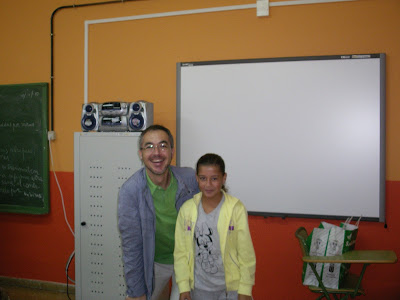Invite your students to create a comic strip. This is a very simple project that will allow them to learn a lot. While creating a comic strip they will read, write, plan and communicate in a fun imaginative manner. There are lots of online resources that might help you to start a project like this. Here you have some of our suggestions.
The following is a very simple, effective and short lesson plan. It will be very helpful if you are introducing comics in the classroom for the very first time.
A comic strip (click here)
This is a very short video explaining the process of desinging a comic strip. It shows a real cartoonist drawing. He shares ideas, suggestions and tips that will help your students to start their own comic strip.
Illustration and Tips: how to draw a comic strip. (click here)
Your students can draw a comic or design a comic strip online. Here are three useful links:
(click here) Read, write and think. Very easy comic creator for all ages.
(click here) Make belief comics This is one of my favourites.
(click here) Stripcreator With lots of options.
Comics can be created for many different purposes: to make someone laugh, to tell a short story, to explain a concept, to criticize, etc...
Invite your students to become cartoonists.
Set up an exhibition in your classroom or school. Send your students works to CEP Valle de La Orotava, they might win a special price and receive an award certificate.









































